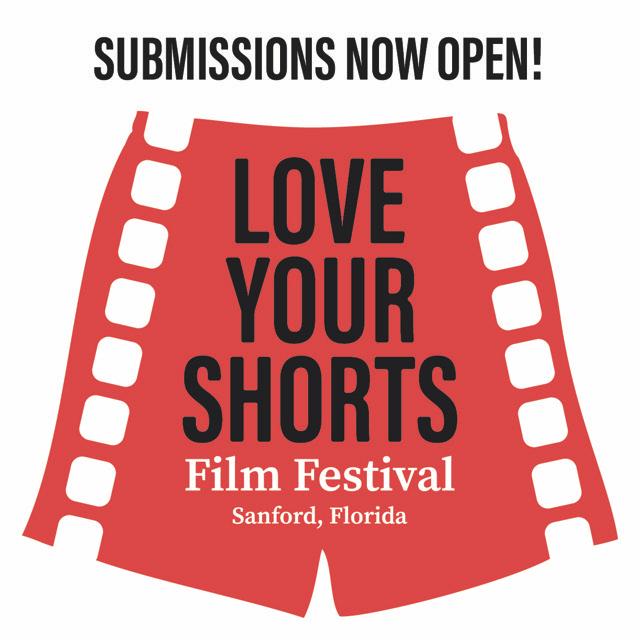South Africa 2
Listen to South Africa 2, a man from Cape Town, South Africa. Click or tap the triangle-shaped play button to hear the subject.
Both as a courtesy and to comply with copyright law, please remember to credit IDEA for direct or indirect use of samples. IDEA is a free resource; please consider supporting us.
BIOGRAPHICAL INFORMATION
AGE: N/A
DATE OF BIRTH (DD/MM/YYYY): N/A
PLACE OF BIRTH: Cape Town, South Africa
GENDER: male
ETHNICITY: N/A
OCCUPATION: N/A
EDUCATION: N/A
AREA(S) OF RESIDENCE OUTSIDE REPRESENTATIVE REGION FOR LONGER THAN SIX MONTHS:
Subject had lived in Australia for 10 years at the time of this recording. He also lived in Natal and Transvaal, in South Africa.
OTHER INFLUENCES ON SPEECH:
Subject has been exposed to Afrikaans, English, and African languages.
The text used in our recordings of scripted speech can be found by clicking here.
RECORDED BY: Kate Foy
DATE OF RECORDING (DD/MM/YYYY): 04/2000
PHONETIC TRANSCRIPTION OF SCRIPTED SPEECH: N/A
TRANSCRIBED BY: N/A
DATE OF TRANSCRIPTION (DD/MM/YYYY): N/A
ORTHOGRAPHIC TRANSCRIPTION OF UNSCRIPTED SPEECH:
I was born in Cape Town, where — I think everybody knows where Cape Town is — and lived a great deal of my life in the Cape province, which is overwhelmingly Afrikaans-speaking. And, as a result, as I recall I actually learned to speak Afrikaans thoroughly before I was 6, then left that part of the world and largely forgot it, and relearned it at a later age. Much of my life I then spent in the Transvaal, which again is, is overwhelmingly Afrikaans speaking, but I was educated in English. And then the last, I suppose, 20 years before I left South Africa, I lived in Natal, which is predominantly English-speaking. Now, when I talk about English and Afrikaans, of course there are also a whole host of African languages, notably Xhosa and Zulu, of which I have a smattering, but since neither of these were official languages and schools taught the, the two European languages so to speak, that’s what I learned. But even within the sort of pure English, there is — there’s marked differences. Cape Town is a very distinctive, almost sort of sing-song element about it that I’ve noticed. When I hear South African sports teams, for example, being interviewed on television, I cringe to think that I sound like that. What’s happened now, interestingly enough, is that under the ANC government, English is really the official language. Because with something like 15 local black languages and, and two others, what could they do? Except go for, I suppose, the international language. And this has been something of a — what do you say — sore point among the Afrikaans speakers, because they used to have the official language, so to speak. It was dominant, but now it’s relegated to a minor language, which in aggregate I suppose is the mother tongue of only about 5 million people. The official population is about 40 million, which is probably closer to 50 million. The last census they were talking about is about 43 million, of which about 5 million are white, where the distribution is about 3 million Afrikaaners and 2 million English speakers. But then you have to remember that the colored people, mixed-blood people of whom there are probably 2-3 million, overwhelmingly speak Afrikaans. And quite a lot of black people who live in the Cape also speak Afrikaans, in addition to something else. I suppose with the, the international media, television and radio and all that, English has a head start.
TRANSCRIBED BY: Christy Bickerstaff
DATE OF TRANSCRIPTION (DD/MM/YYYY): N/A
PHONETIC TRANSCRIPTION OF UNSCRIPTED SPEECH: N/A
TRANSCRIBED BY: N/A
DATE OF TRANSCRIPTION (DD/MM/YYYY): N/A
SCHOLARLY COMMENTARY: N/A
COMMENTARY BY: N/A
DATE OF COMMENTARY (DD/MM/YYYY): N/A
The archive provides:
- Recordings of accent/dialect speakers from the region you select.
- Text of the speakers’ biographical details.
- Scholarly commentary and analysis in some cases.
- In most cases, an orthographic transcription of the speakers’ unscripted speech. In a small number of cases, you will also find a narrow phonetic transcription of the sample (see Phonetic Transcriptions for a complete list). The recordings average four minutes in length and feature both the reading of one of two standard passages, and some unscripted speech. The two passages are Comma Gets a Cure (currently our standard passage) and The Rainbow Passage (used in our earliest recordings).
For instructional materials or coaching in the accents and dialects represented here, please go to Other Dialect Services.
 IDEA: International Dialects of English Archive
IDEA: International Dialects of English Archive


